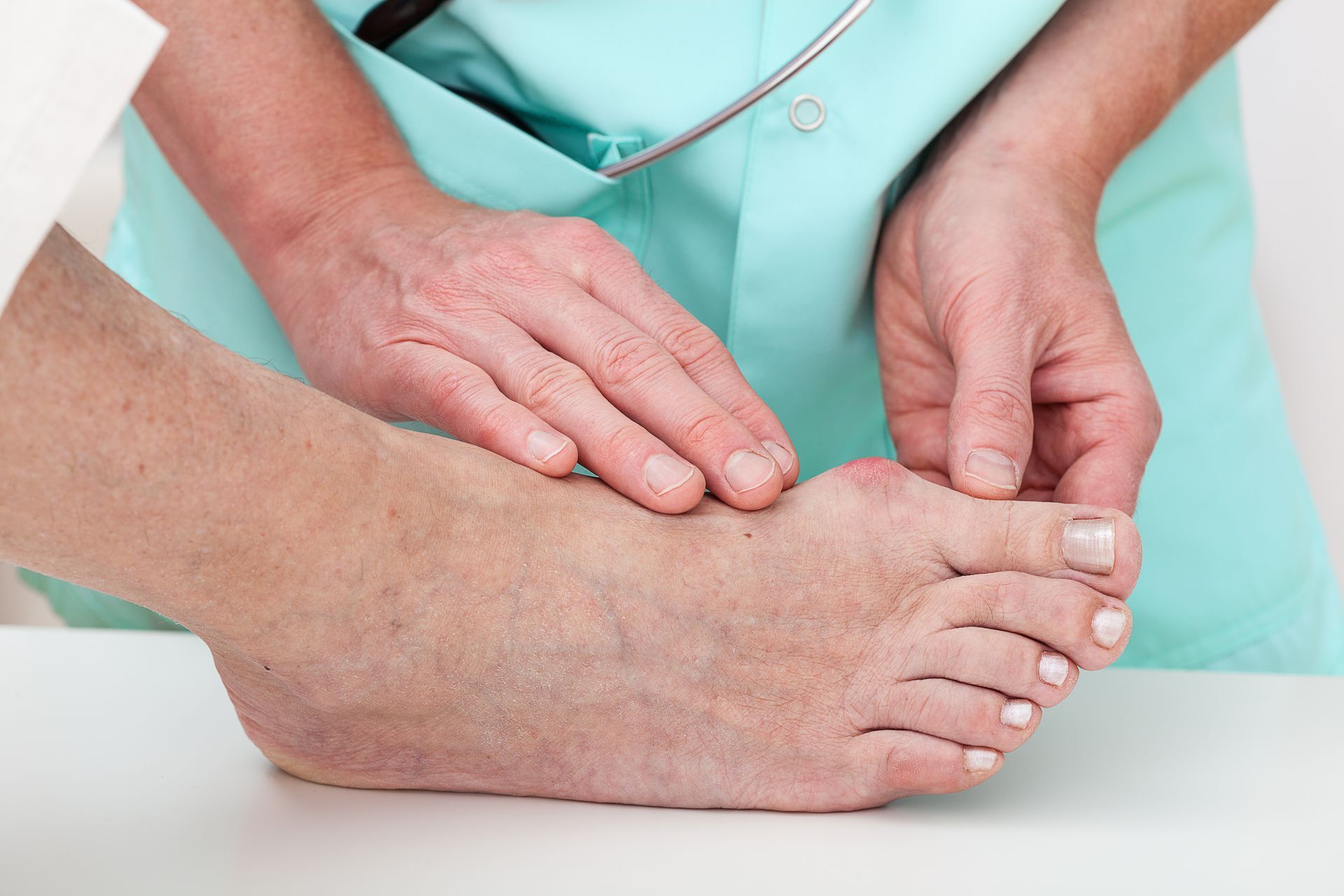How Diet Affects Plantar Fasciitis Inflammation and Heel Pain
Plantar fasciitis is a common cause of sharp heel pain that can make walking, standing, or staying active difficult. While this condition affects millions each year, one often overlooked factor that can influence your symptoms is your diet. Because plantar fasciitis is driven by inflammation in the thick band of tissue running along the bottom of your foot, what you eat can play an essential role in reducing pain and supporting healing.
Understanding the Connection Between Diet and Inflammation
Inflammation is your body’s natural response to injury or irritation. When the plantar fascia becomes inflamed, it causes that characteristic stabbing heel pain, especially noticeable in the morning or after periods of rest. While short-term inflammation aids in healing, chronic inflammation can prolong the pain and impede recovery.
Certain foods can increase inflammation throughout the body, including in the plantar fascia, thereby making symptoms more severe or persistent. Being mindful of what you eat can help reduce inflammation and
support better foot health.
Foods to Avoid with Plantar Fasciitis
To manage inflammation effectively, limiting or avoiding these common triggers can be helpful:
- Highly Processed Foods: Fast food and packaged snacks often contain trans fats and refined oils that promote inflammation.
- Refined Carbohydrates and Sugars: Foods such as white bread, pastries, candy, and sugary drinks can spike blood sugar levels and exacerbate inflammation.
- Red and Processed Meats: Bacon, sausages, and similar meats contain saturated fats and preservatives that are linked to increased inflammation.
Cutting back on these foods can help decrease the overall inflammatory response your body experiences.
Foods That Help Reduce Plantar Fasciitis Inflammation
Incorporating foods rich in anti-inflammatory properties can aid your body’s natural healing process and ease plantar fasciitis pain:
- Berries: These antioxidant-rich fruits help protect tissues from damage and may ease heel discomfort linked to plantar fasciitis.
- Leafy Greens: Spinach, kale, and similar greens provide nutrients that support tissue repair and help maintain healthy connective tissue in the feet.
- Healthy Fats (Olive Oil, Avocados, Nuts): These sources of good fats help the body absorb key vitamins and support joint and tissue flexibility, which may ease pressure on the plantar fascia.
- Fatty Fish: Rich in omega-3s, fish like salmon and sardines may reduce stiffness and promote circulation, which can assist in healing irritated foot tissues.
Adding these foods regularly to your meals, such as berries in your breakfast or fish twice a week, can make a positive difference in your symptoms over time.
The Role of Diet in Treating Plantar Fasciitis
While adjusting your diet alone won’t cure plantar fasciitis, it can be a vital part of managing inflammation and supporting other treatments, such as stretching, custom orthotics, and physical therapy. What you eat can influence how quickly your body responds to treatment and how effectively it heals.
By reducing foods that trigger inflammation and incorporating nutrient-dense, anti-inflammatory options, you create a healthier internal environment that can enhance the results of your overall care plan. Taking control of your nutrition is a proactive way to support healing, relieve pain, and
protect your long-term foot health.
When to Seek Expert Care for Plantar Fasciitis
If heel pain from plantar fasciitis is interfering with your daily life or isn’t improving with home care, it’s time to consult a podiatry specialist. Dr. Patrick Hall and the team at Hall Podiatry offer personalized evaluations and treatment plans designed to relieve pain and restore mobility.
Whether you’re struggling with chronic plantar fasciitis or want to learn more about how diet and lifestyle affect your foot health,
Hall Podiatry is here to help you take the next step toward lasting relief.
Schedule your appointment today and take the first step toward lasting foot relief.


